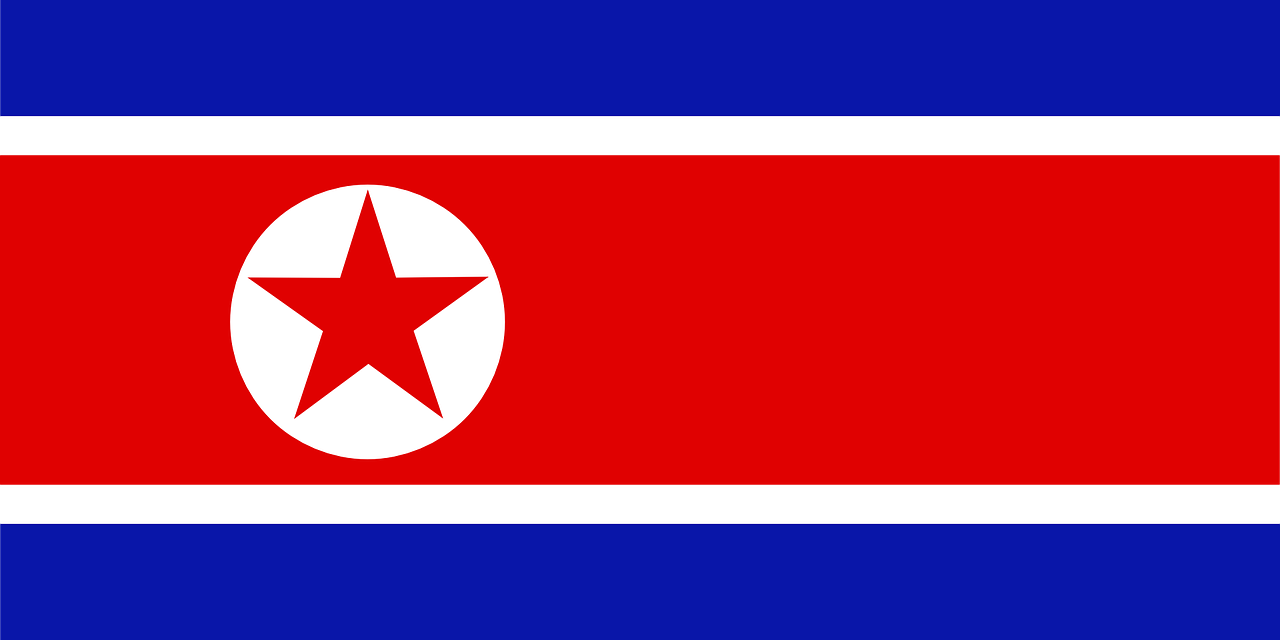
403
Sorry!!
Error! We're sorry, but the page you were looking for doesn't exist.
North Korea deploys troops to Kursk region in Russia
(MENAFN) Recent developments have shed light on North Korea's deployment of troops to the Kursk region in Russia, a move designed to bolster the Kremlin's military efforts in Ukraine. This escalation not only impacts the ongoing conflict but also raises significant concerns for China's relationship with North Korea, as Beijing reacts to this shift in dynamics.
Experts interviewed by Voice of America pointed out that China’s apprehension is rooted in its perception of North Korea as a vital area of influence amid NATO’s strategic maneuvers. As NATO increasingly views North Korea through the lens of geopolitical rivalry, any military collaboration between Pyongyang and Moscow could destabilize the existing balance of power in the region.
On Monday, NATO Secretary-General Mark Rutte confirmed the presence of North Korean military units in Kursk, coinciding with discussions among South Korean delegations and NATO, Australia, and New Zealand regarding North Korea's role in supporting Russia's military actions. Rutte described the influx of North Korean troops and shipments of ammunition and ballistic missiles as a "dangerous expansion of Russia's war," emphasizing the significant threats this poses to the security of both the Indo-Pacific and the Atlantic European regions.
According to U.S. estimates, North Korea has sent approximately 10,000 troops to train in eastern Russia, prompting analysts to raise alarms about the implications of this military alliance. There is a growing fear that the strengthening ties between North Korea and Russia could pressure China, especially if NATO intensifies its collaboration with South Korea, placing Beijing in a challenging position.
Ramon Pacheco Pardo, an International Relations Professor at King’s College London and a former participant in EU talks with North and South Korea, highlighted that China should be cautious of NATO’s increased focus on North Korea. Many NATO members perceive Beijing as providing indirect support to Pyongyang, which complicates the geopolitical landscape further.
As North Korea's military actions increasingly align with Russian interests, the implications for regional security and international alliances grow more intricate. China’s concerns about the shifting dynamics between North Korea, Russia, and NATO underscore the complexities of contemporary geopolitical relationships and the potential risks to regional stability.
Experts interviewed by Voice of America pointed out that China’s apprehension is rooted in its perception of North Korea as a vital area of influence amid NATO’s strategic maneuvers. As NATO increasingly views North Korea through the lens of geopolitical rivalry, any military collaboration between Pyongyang and Moscow could destabilize the existing balance of power in the region.
On Monday, NATO Secretary-General Mark Rutte confirmed the presence of North Korean military units in Kursk, coinciding with discussions among South Korean delegations and NATO, Australia, and New Zealand regarding North Korea's role in supporting Russia's military actions. Rutte described the influx of North Korean troops and shipments of ammunition and ballistic missiles as a "dangerous expansion of Russia's war," emphasizing the significant threats this poses to the security of both the Indo-Pacific and the Atlantic European regions.
According to U.S. estimates, North Korea has sent approximately 10,000 troops to train in eastern Russia, prompting analysts to raise alarms about the implications of this military alliance. There is a growing fear that the strengthening ties between North Korea and Russia could pressure China, especially if NATO intensifies its collaboration with South Korea, placing Beijing in a challenging position.
Ramon Pacheco Pardo, an International Relations Professor at King’s College London and a former participant in EU talks with North and South Korea, highlighted that China should be cautious of NATO’s increased focus on North Korea. Many NATO members perceive Beijing as providing indirect support to Pyongyang, which complicates the geopolitical landscape further.
As North Korea's military actions increasingly align with Russian interests, the implications for regional security and international alliances grow more intricate. China’s concerns about the shifting dynamics between North Korea, Russia, and NATO underscore the complexities of contemporary geopolitical relationships and the potential risks to regional stability.

Legal Disclaimer:
MENAFN provides the
information “as is” without warranty of any kind. We do not accept
any responsibility or liability for the accuracy, content, images,
videos, licenses, completeness, legality, or reliability of the information
contained in this article. If you have any complaints or copyright
issues related to this article, kindly contact the provider above.

















Comments
No comment